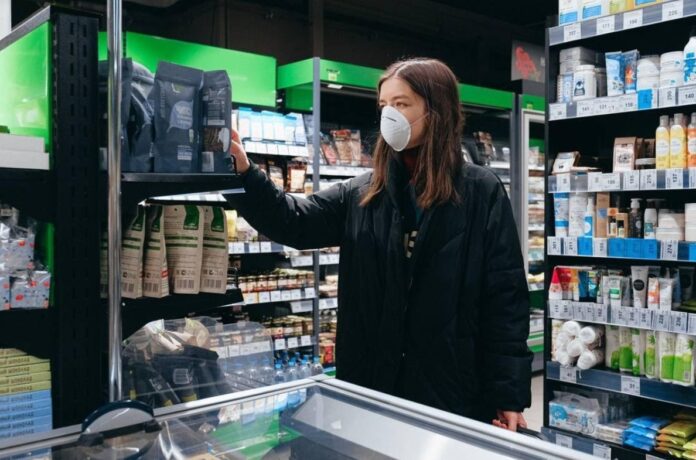As more and more companies look forward to reopening, the COVID-19 is far from gone. While specialists estimate it could take 1 or 2 years to come up with a vaccine, customers and employees are safe without resorting to a new shutdown.
But when it comes to planning a safe workspace, anyone can take a few simple measures. The CDC advises washing hands regularly, wearing face masks, and maintaining a proper social distance. And belief or not, these measures are just as useful to combating the pandemic as things begin to return to normal.
While these suggestions aren’t mandatory nationwide, major retailers are already embracing them for both customers and employees. However, some customers and employees may still be cynical about continuing to adhere to COVID-19 policies despite your good intentions. Here’s how you can convince them to comply without being insistent.
Communicate your policies – make them obvious
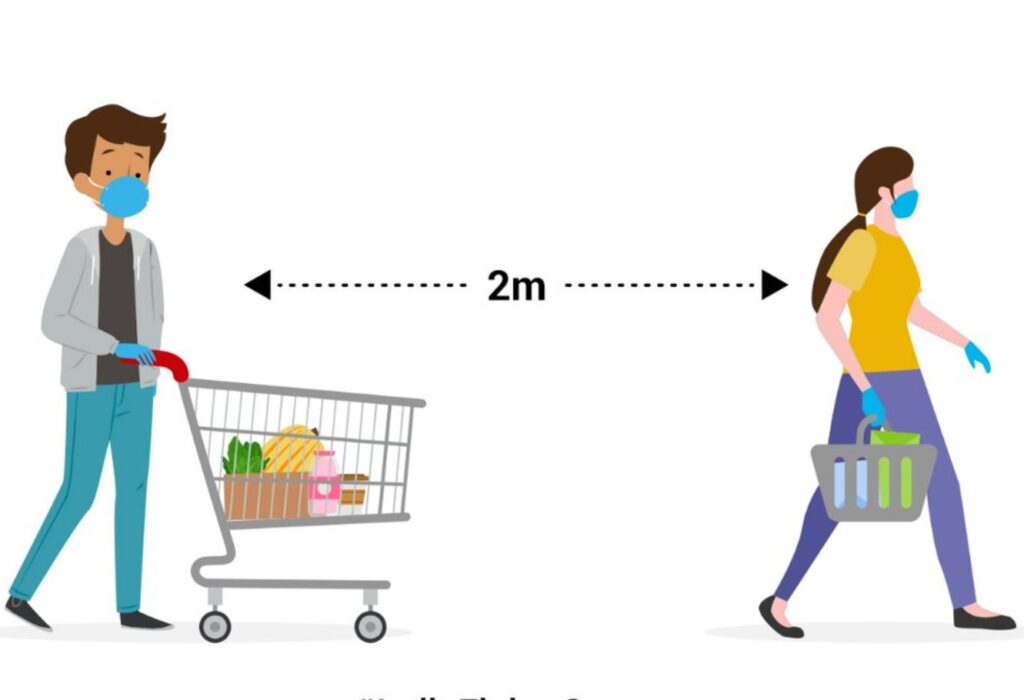
It’s important to write down the steps you want to follow, and which are realistic for your small business. For instance, will it be possible to provide face masks and hand sanitizers regularly? Or will customers and employees need to bring their own? Are there any improvements you need to make to your regular workplace cleaning schedule? Or you need to shift schedules for better cleanliness and social distancing?
To make things clear for both employees and customers, consider keeping posters around the workplace with clear and coherent COVID-19 policy or sharing information on social media.
Some would even consider these measures unnecessary, but as long as these policies are meant to protect your staff and customers, nothing else matters.
It can also be useful to review basic handwashing etiquette and the importance of washing face masks:
- Employees have to wash hands for at least 29 seconds or use hand sanitizer
- Sanitizers should contain at least 60% alcohol
- Face masks should be regularly replaced or washed because the virus can live on the outside of a mask for one week.
Encourage Employees to wear face masks

Because the first order of business is to protect employees, you should set rules related to the COVID-19, even though your staff isn’t initially thrilled.
You schedule a staff meeting to discuss the eventual changes and preventive measures and how these will impact your workers.
While not everyone will be 100% convinced, you can reassure them that wearing an Optimally Organic mask at work and sanitizing will not only keep them safer – but it is a temporary precaution, and once the virus has officially vanished, the rules can be optional.
The mask isn’t there only to protect the wearer, but also to protect those around when we are asymptomatic. So, it’s indicated for your employees to wear masks because they’re potentially getting into close contact with more people than the typical consumer.
Also, signs encouraging folks to stay 6 feet apart are among the first safety features popping up in all grocery stores across the country. And, although this approach is fairly far down on this list, 65% of customers would feel more comfortable if retail owners enacted this inexpensive strategy.
Encourage customers to wear face masks
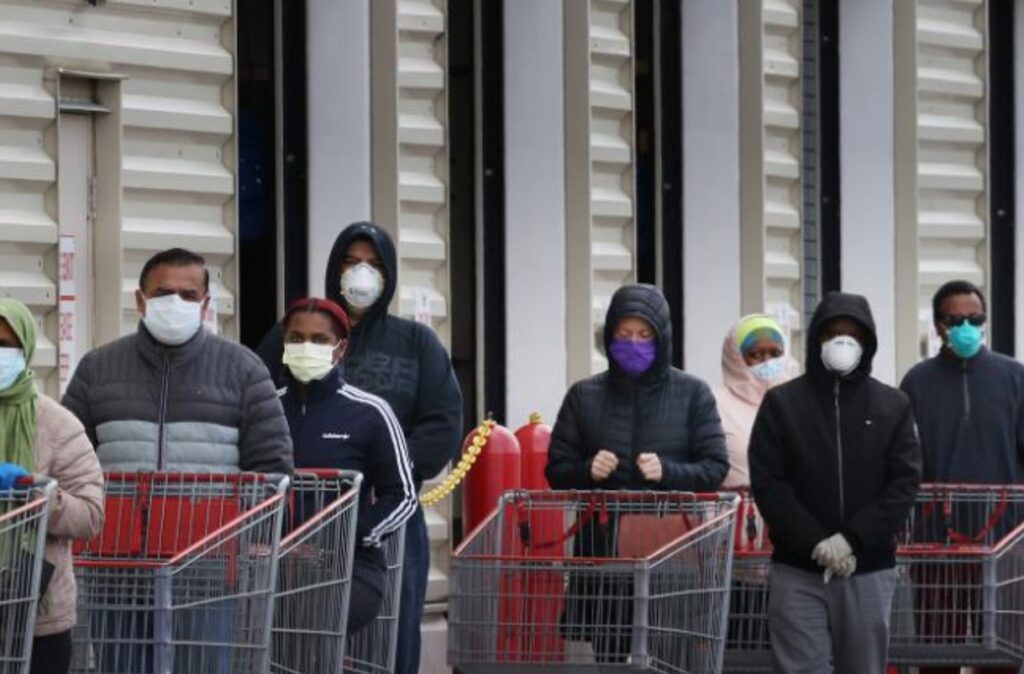
Customers will always be a different story. While many clients may continue using masks and appreciate having hand sanitizer within reach, there may be some who refuse to follow simple safety rules.
They should already know what to expect when entering a retail building; however, it’s important to remember these rules whenever possible. If you’re able to provide both face masks and sanitizers, you offer clients little reason to disagree. But if you find that many of your customers do no what to use preventive measures or refuse, you may decide to:
- Provide sanitizer and face masks for purchase
- Offer a free item or discount for complying.
- Offer special gift cards – If they enter your establishment with a face mask.
- Present alternatives to product delivery
- Ask them to sign an agreement that your business isn’t responsible if they contact the virus.
Allow a smaller share of customers into certain spaces
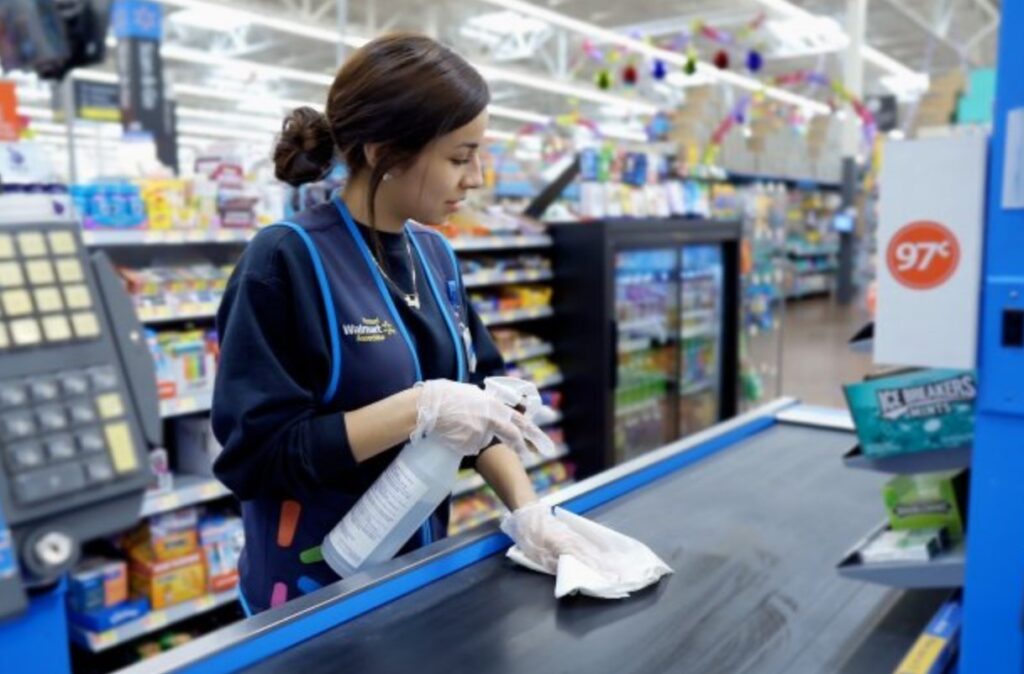
In addition to stepping up cleaning stores, retailer owners are going to have to face a harsh reality: People might not feel safe in a crowded space. What does that mean? This translates in either less revenue or creating a system where customers are there for shorter periods of time.
One study found that 70% of people feel more comfortable if there were fewer people as they attend events or shop.
To better understand this approach, you should ask yourself questions like how long customers typically spend in your shop, or how many can safely enter during a period of time.
For instance, if you want to keep your revenue steady and do not want to reduce the number of customers allowed in at once, you will need to reduce the amount of time each customer spends shopping.
Operate specific hours for immunocompromised, elderly, or vulnerable groups
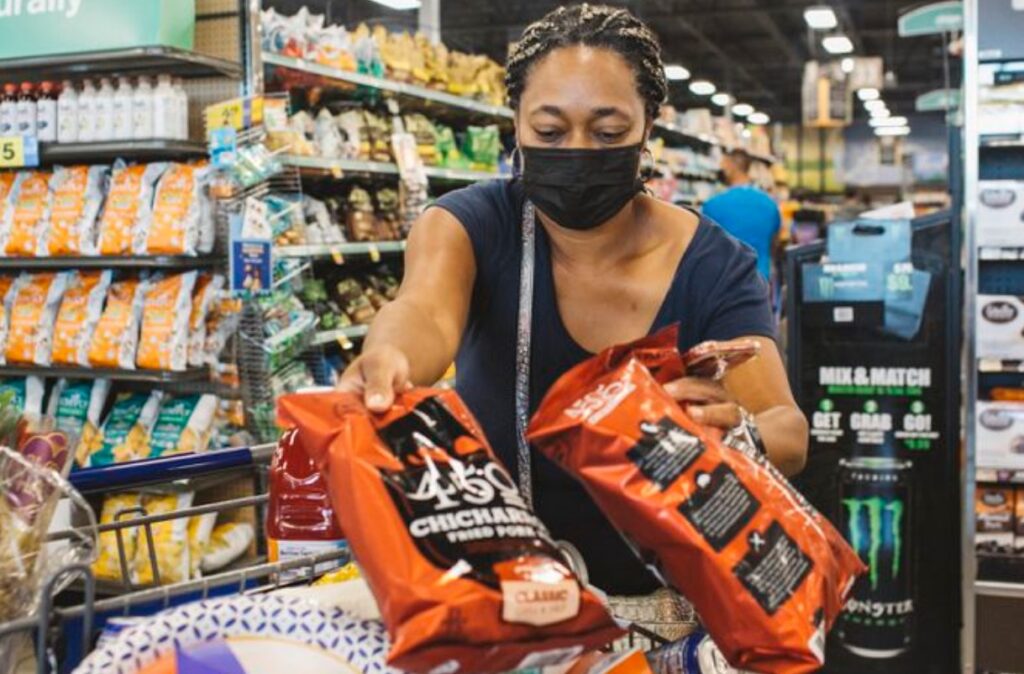
Any group gathering is now a potential transmission. So, if you exceed the number of people entering your shop, you will still have the potential for transmission. One solution for some retailers is to adopt an appointment-based schedule, reducing customer-to-customer interaction. In doing so, people would visit your store at more evenly spaced intervals, minimizing the possibility of waiting in large crowds.
Nearly 69% U.S adults, including 71% of baby boomers, said operating business hours just for susceptible groups, such as the immunocompromised or elderly, to visit would make them feel safer. Your team and customers will surely remember how you responded to this crisis, be open and transparent about your plants and explain what you’re doing to help others.
As a last resort, you can choose to simply refuse customers who refuse to comply. While it’s not the best solution, especially during trying times, your employees and customers’ safety is paramount.

